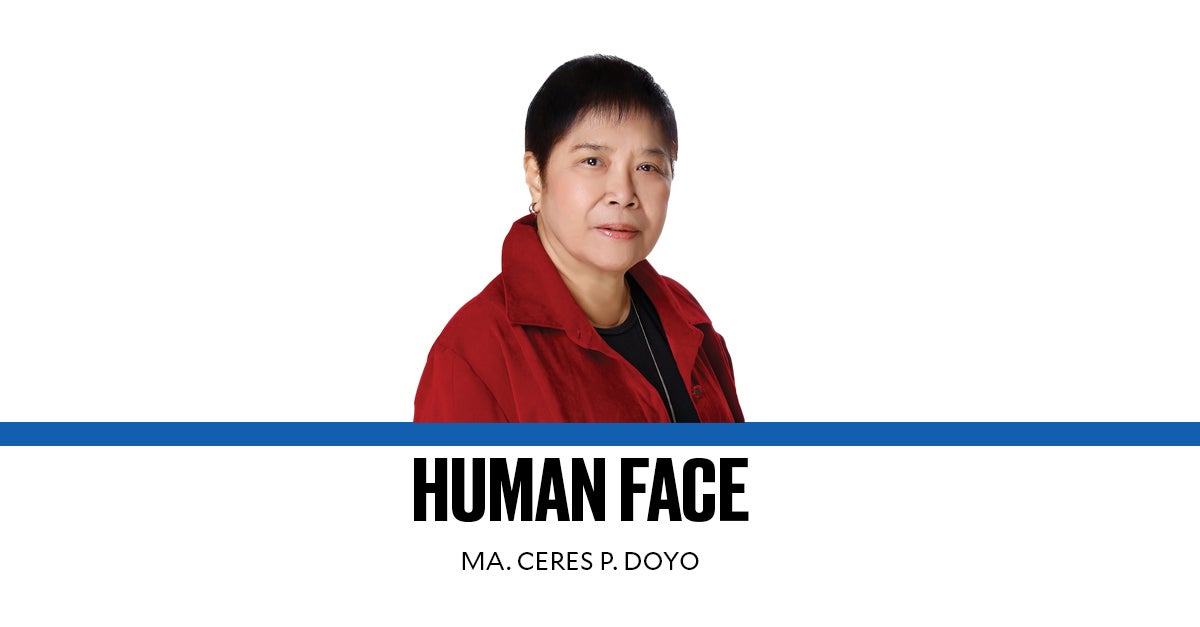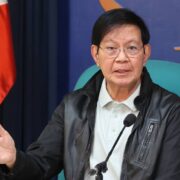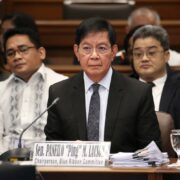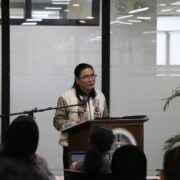Two popes to journos

World Press Freedom Day (May 3) came and went. Weren’t we all so preoccupied with one thing or another so significant that the day passed us by? Two popes have some reminders.
“In our different roles and services, never give in to mediocrity. The church must face the challenges posed by the times. In the same way, communication and journalism do not exist outside of time and history. Saint Augustine reminds us of this when he said, ‘Let us live well, and the times will be good. We are the times.’” Pope Leo XIV’s address to the media on May 12, 2025.
Mark that word: mediocrity.
Only four days into his papacy, Pope Leo XIV, 69, the first United States-born and Augustinian pope, found time to meet with members of the international media—not only to acknowledge their special coverage and backbreaking work that lasted from Holy Week to the death and funeral of Pope Francis, and then keeping vigil while the conclave to elect the new pope was going on—but, more importantly, to deliver a message so distinctly written for the media.
The first words newly elected Pope Leo XIV exclaimed on the balcony facing thousands at St. Peter’s Square were greetings of peace. “Peace be to all of you,” Jesus’ own words after His resurrection. The new pope’s first words to members of the international media were also about peace. “In the Sermon on the Mount,” he began, “Jesus proclaimed: ‘Blessed are the peacemakers’ (Matthew 5:9). This is a Beatitude that challenges all of us, but it is particularly relevant to you, calling each one of you to strive for a different kind of communication … we must say ‘no’ to the war of words and images, we must reject the paradigm of war.”
While I was reading the full text of his address (a little more than 800 words, the length of an Inquirer column piece), I imagined him writing it himself in the dead of night, aware that he would be facing communicators, storytellers, and truth-tellers of different stripes who, like him, have come from the trenches. It was therefore not a surprise when in his second paragraph, he expressed “the church’s solidarity with journalists who are imprisoned for seeking and reporting the truth, while also asking for their release.” I thought of 26-year-old journalist Frenchie Mae Cumpio, who has been languishing in a Tacloban City detention cell for five years now, facing terrorism charges. (see my column piece on her: “Community journalist languishing in jail,” 11/15/24)
“The church recognizes in these witnesses—I am thinking of those who report on war even at the cost of their lives—the courage of those who defend dignity, justice and the right of people to be informed, because only informed individuals can make free choices. The suffering of these imprisoned journalists challenges the conscience of nations, and the international community calls on all of us to safeguard the precious gift of free speech and the press.”
The new pope stressed that “communication is not only the transmission of information, it is also the creation of a culture, of human and digital environments that become spaces for dialogue and discussion.” He noted the “immense potential” of artificial intelligence, which, he said, “nevertheless requires responsibility and discernment in order to ensure that it can be used for the good of all so that it can benefit all of humanity.”
Pope Leo XIV did not miss out on Pope Francis’ own message for this year’s World Day of Social Communications: “Let us disarm communication of all prejudice and resentment, fanaticism, and even hatred, let us free it from aggression. We do not need loud, forceful communication but rather communication that is capable of listening and of gathering the voices of the weak who have no voice.”
When Pope Francis honored two veteran Vatican journalists in 2021, he gave the exhortation “Listen, deepen, tell.” I did write about this for our anniversary issue. (see “Pope to journos: ‘Listen, deepen, tell,’” 12/9/21)
“Your mission is to explain the world,” he said, “to make it less dark, to make those who live there fear it less and look at others with greater awareness and also with more confidence … It is difficult to think, meditate, deepen, stop to collect ideas and to study the contexts and precedents of a news item. The risk, you know well, is that of letting oneself be crushed by the news instead of being able to make sense of it.
“This is why I encourage you to preserve and cultivate that sense of mission, which is at the origin of your choice. And I do it with three verbs that I think can characterize good journalism: listen, deepen, tell.”
For truth-tellers, here’s one from St. Augustine of Hippo (354-430 A.D): “The truth is like a lion; you don’t have to defend it. Let it loose; it will defend itself.” I hear a leonine roar.
Mabuhay si Pope Leo XIV at si +Pope Francis!
——————
Send feedback to cerespd@gmail.com





















